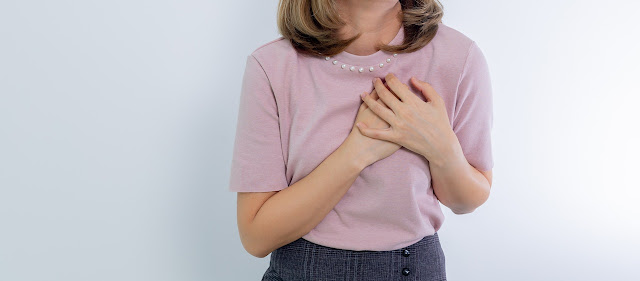Breast dryness and itching are common symptoms that can affect women of all ages. These symptoms can be caused by a variety of factors, including hormonal changes, skin conditions, or allergic reactions. While breast dryness and itching are usually not a cause for concern, they can be uncomfortable and may indicate an underlying health issue that requires medical attention. In this article, we will explore the causes, symptoms, and treatment options for breast dryness and itching. We will also discuss strategies for preventing these symptoms from occurring in the future. By gaining a better understanding of this condition, we hope to provide women with the information they need to maintain healthy breasts and overall well-being.
Causes of Breast Dryness and Itching
Breast dryness and itching can be caused by a variety of factors, including:
Hormonal changes
Hormonal changes, such as those that occur during pregnancy, breastfeeding, or menopause, can cause breast dryness and itching. These changes can alter the pH balance of the skin, leading to dryness and irritation.
Skin conditions
Skin conditions, such as eczema, psoriasis, or dermatitis, can also cause breast dryness and itching. These conditions can cause inflammation and irritation of the skin, leading to dryness and itching.
Allergic reactions
Allergic reactions to soaps, lotions, or other products can cause breast dryness and itching. These reactions can be caused by a variety of ingredients, including fragrances, preservatives, or dyes.
Symptoms of Breast Dryness and Itching
The symptoms of breast dryness and itching can vary depending on the underlying cause. Common symptoms may include:
- Dry, flaky skin
- Redness or rash
- Itching or burning sensation
- Swelling or tenderness
If you experience any of these symptoms, it is important to see a healthcare provider to determine the underlying cause and appropriate treatment.
Treatment Options for Breast Dryness and Itching
The treatment options for breast dryness and itching will depend on the underlying cause. Common treatment options may include:
Moisturizers
Moisturizers can be used to help soothe and hydrate dry skin. Look for moisturizers that are fragrance-free and hypoallergenic.
Topical creams
Topical creams, such as corticosteroids or antifungal creams, may be prescribed to treat skin conditions that are causing breast dryness and itching.
Allergy medication
If the symptoms are caused by an allergic reaction, allergy medication may be prescribed to help reduce inflammation and itching.
Strategies for Preventing Breast Dryness and Itching
There are several strategies that can be used to prevent breast dryness and itching, including:
Avoiding irritants
Avoiding products that contain fragrances, preservatives, or dyes can help prevent allergic reactions that can cause breast dryness and itching.
Moisturizing regularly
Moisturizing regularly can help prevent breast dryness and itching by keeping the skin hydrated and healthy.
Wearing breathable fabrics
Wearing breathable fabrics, such as cotton, can help prevent irritation and sweating that can cause breast dryness and itching.
Breast dryness and itching are common symptoms that can be caused by a variety of factors. While they are usually not a cause for concern, they can be uncomfortable and may indicate an underlying health issue that requires medical attention. By understanding the causes, symptoms, and treatment options for breast dryness and itching, women can take steps to maintain healthy breasts and overall well-being.

